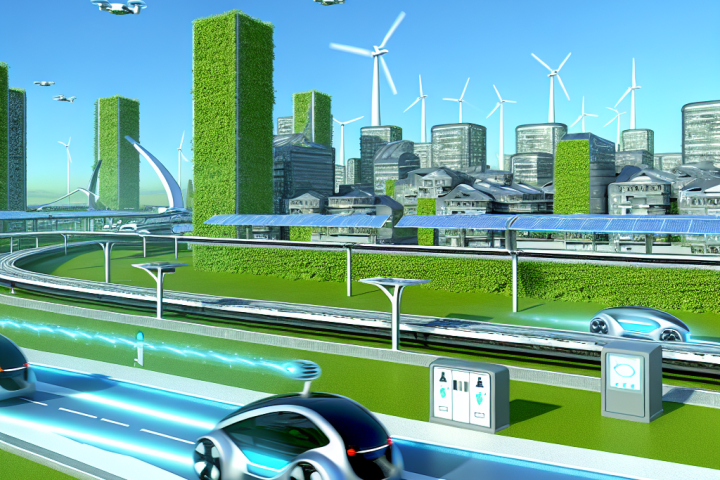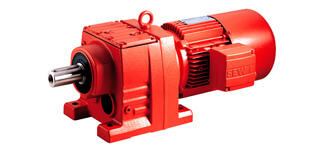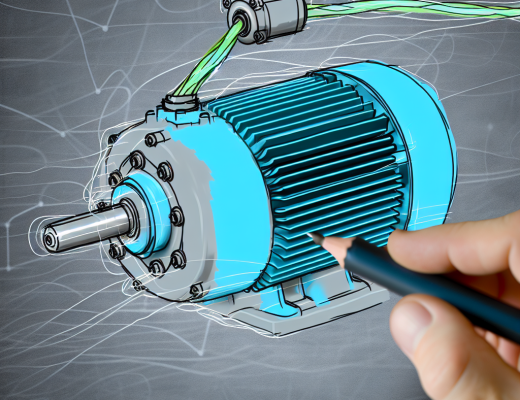Electric motors are pivotal in the trajectory of technological advancement and environmental sustainability. Serving a myriad of industries, these motors are essential in applications ranging from the minute mechanics of household gadgets to the large-scale operations of industrial machinery. The efficiency with which these motors convert electrical energy into mechanical force is key to their widespread use and importance.
Technological Evolution of Electric Motors
Significant advancements in the technology of electric motors signal a shift towards more sustainable and efficient production methods. Innovations such as improved thermal management, advanced motor design, and the integration of high-performance materials are making these motors more resilient and energy-efficient. These technological improvements not only reduce operational costs but also extend the life span of the motors, making them a more sustainable option.
Companies like VYPO Electric are leading this change, focusing on the design and manufacture of electric motors that are not only more efficient but also have a reduced environmental impact. Their dedication to innovation in motor technology contributes significantly to the viability of electric motors in supporting green technology initiatives. Such advancements ensure that industries can rely on these essential components to meet future demands of performance and sustainability without compromising on efficiency.
As more sectors look towards reducing their carbon footprint, the role of electric as pivotal components cannot be understated. Their ability to be adapted for use in renewable energy settings, such as wind turbines and electric vehicles, positions them as fundamental to the success of a sustainable future. Continued investment and research into improving these motors are crucial as we move towards an increasingly eco-conscious world.




